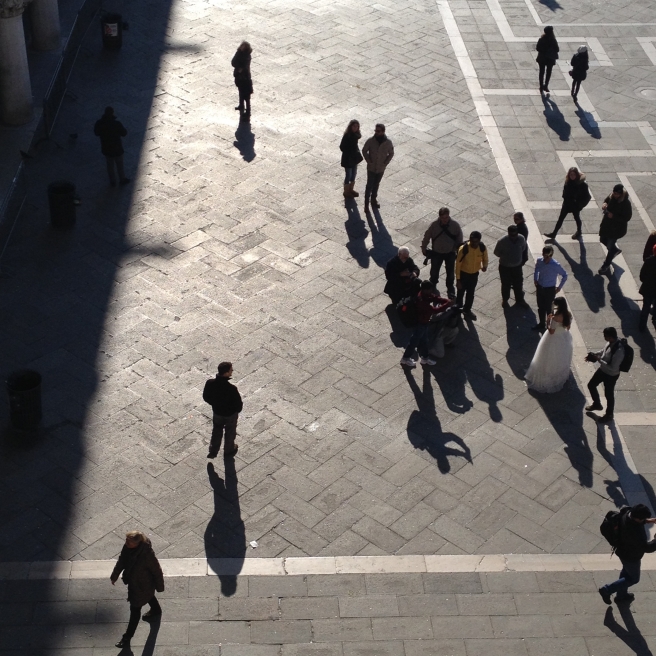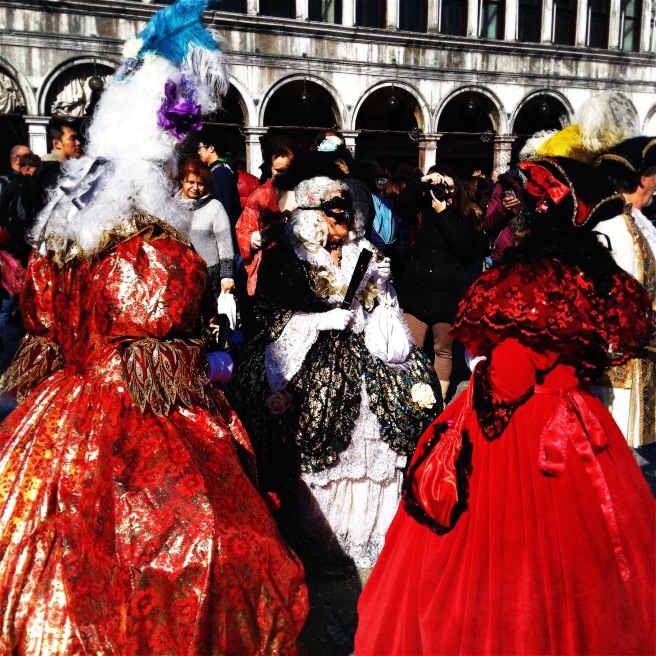Diaspora and the Difficult Art of Dying, Sudesh Mishra, 2002
- Fiji, #7
- Borrowed from SF library
- Rating: 4.5/5
- Read: February 2016
- Recommended for: storm-tossed master mariners

Lovely, excitingly creative and evocative poems, covering a range of subjects and settings from Marco Polo outsmarting Time in Venice to the movement of glaciers in New Zealand…OK, no, I can’t do this. I read this book over a year ago and I had to return it to the library so I made photocopies of my two favorite poems, “Venice” and “Glacier.” I intended to write the blog post while the collection was still fresh in my mind, but obviously that didn’t happen.

I like these two poems very much. They are literate, dense with allusion and rich with imagery, but I can’t really write a review of the entire collection on the strength of two poems. The publisher’s blurb says that “Every poem in this collection offers a stepping stone or resting place on what is essentially a diasporic odyssey,” which sounds about right. There is a great selection of Mishra’s poetry here and a nice in-depth analysis, which in itself reads like poetry, here. The collection is out of print, though it shouldn’t be, so these links might be your best bet to find the work anyway. I am just going to admit defeat in this instance and leave you with excerpts from the two poems I have, which should at least give you enough to decide if you want to seek out more of Mishra’s work (which I recommend you do).

From “Glacier”:
With a deep geologic sigh, the stranger
Said, ‘Now describe the serac as it is.’
‘Starchy blue napkins on whitewashed tables,’
Observed a waiter from Buenos Aires.
‘Alpine fold-outs in a book of fables,’
Ventured a teacher, provoking her beau.
‘Sharon Stone’s icepick collection,’ added
A joker. Then all waited for my view.
But I’d leapt back in time by a hundred
Years, coolie-boy held in talons of fear,
While salt raged, driving the reef to Syria.
The Syria was a ship used for transporting indentured Indian workers to British colonies; she went aground off the coast of Fiji in 1884, killing 59 people. These workers, called “girmitiyas” (from the “girmit”–the agreement–that they signed to enter indenture), were the foundation of Fiji’s Indo-Fijian population. Nearly 61,000 Indians were brought to Fiji to work on the sugar plantations (though emigration via girmit was not limited to Fiji; Mauritius received over 450,000 workers). They were subjected to massive abuses of their rights and the terms of their agreements. Most were poor and were induced to sign up for indenture by the promise of a lump sum up front. Once transported to a colony, they had little recourse if they were mistreated, and no means to return home. This painful history is explored (though to insufficient depth) in Satendra Nandan’s The Wounded Sea.

From “Venice,” in which “the old gondolier, Il Tempo” is outsmarted by three people–Marco Polo, Dante Alighieri, and a runaway flower-seller from Bombay:
outfoxing the old fox with a feint
he picked up from the weaver-saint,
rumi ramananda, the runaway said:
‘take me to a place without color.’
so they’d come to murano in the spring
and the skies were rigged with cherubim
and the balconies giddy with the blood
of perennials and the air spoored
about like blown glass.


Interesting. I’ve never heard of this poet. Love the photos.
LikeLiked by 1 person
Love the recommendation for “Storm tossed master mariners”! That makes me quite intrigued. I’ve tended to stay away from reading poetry for my project, in part because I feel like I wouldn’t know what to say about it.
LikeLiked by 1 person
I struggle to know what to say as well but I figure with poetry, like wine, very few people really know what they’re talking about, so I’m not likely to get caught.
LikeLiked by 1 person